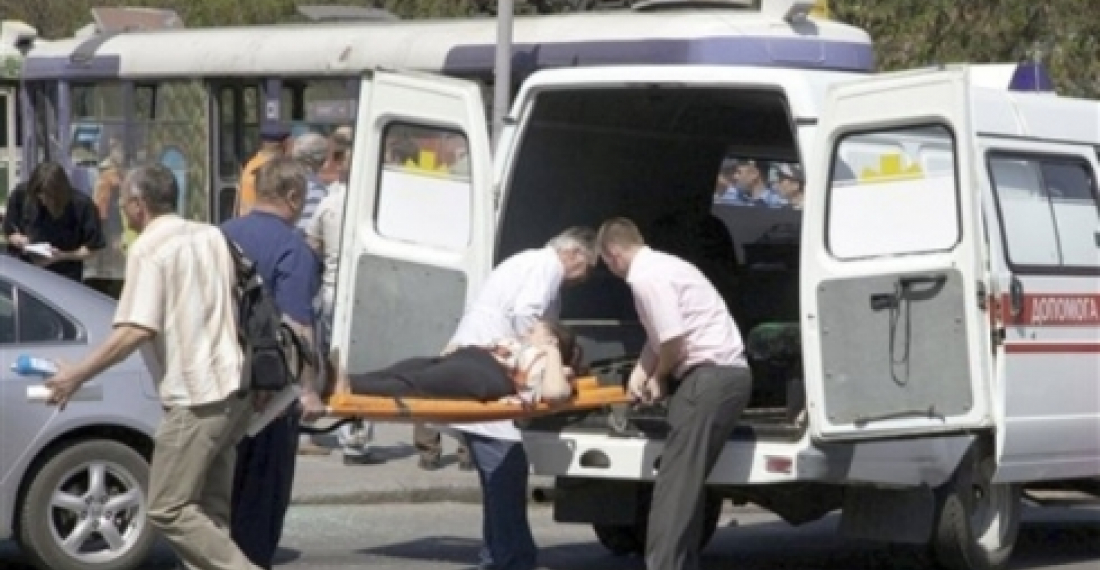The people of Ukraine are still trying to make sense of the bomb explosions that rocked Dniepropetrovsk, a city with one million inhabitants located 400 kilometers southeast of Kiev, yesterday lunchtime leaving dozens of people wounded.
Four midday blasts roiled Dnipropetrovsk, injuring at least 29 people - including nine children - in attacks that government officials are treating as acts of terrorism. At least five of the injured were reportedly in serious condition after being struck by debris. No deaths or arrests have been reported, neither has any motive been established.
The attack comes at a time of increasing political polorisation in the country which has fuelled speculation about its motives. Some commentators were quick to describe it as a terrorist attack with political motives. Others are however less sure. According to Kyiv Post one former top law enforcement official expressed doubts over the terrorism claim."This doesn't look like a terrorist attack, but more like a criminal act stemming from an economic dispute," said Oleksandr Skipalsky, a former Security Service of Ukraine lieutenant general and ex-head of the military intelligence department of the Defense Ministry.
Some Ukrainian politicians have however already started blaming each other, or outside forces for the attacks although for the moment no one has claimed responsability for the attack. The Ukrainian authorities have asked for the support of foreign intelligence services to help resolve the crime. The Russian and Polish Security Services are reported to have already offered their assistance.
Commonspace.eu political editor said in a comment: "The Ukrainian authorities need to move swiftly to find the perpetrators of this crime and to discourage speculation that may further exacerbate the political situation in the country. President Yanukovich has allowed his government to become very devisive, and this has exacerbated political and other divisions in the country. Many Ukrainians are finding the pictures of a distressed Yulia Timoshenko in prison very upsetting and the same can be said for most international opinion. Whatever the motives of the crime in Dniepropetrovsk it offers the Ukrainian people a chance to unite in the face of adversity. Their politicians however need to lead by example by showing maturity and wisdom, and this is not always evident."
source: commonspace.eu with Kyiv Post
photo: An injured person being taken into an ambulance in the city of Dniepropetrovsk following four bomb blasts on 27 April 2012 (Picture courtesy of AP/Kyiv Post)







